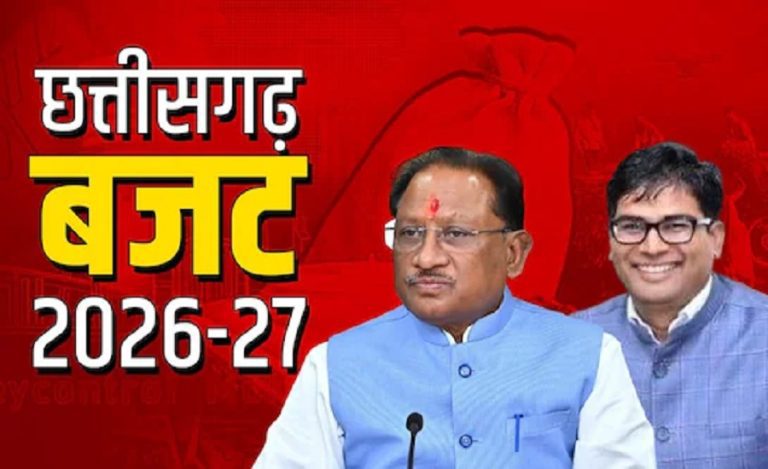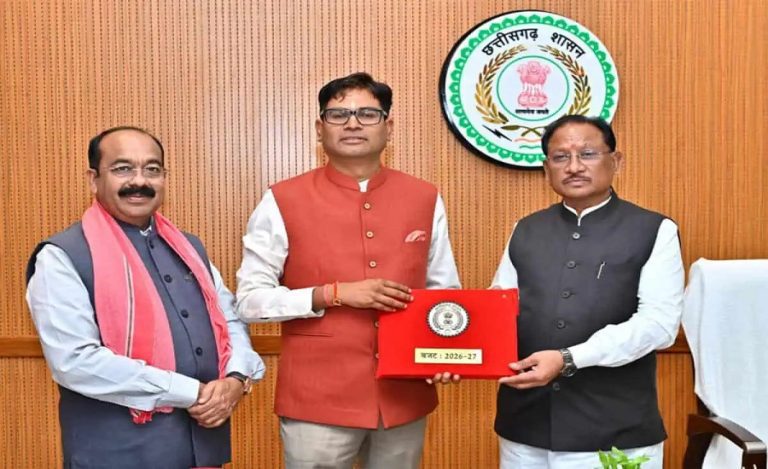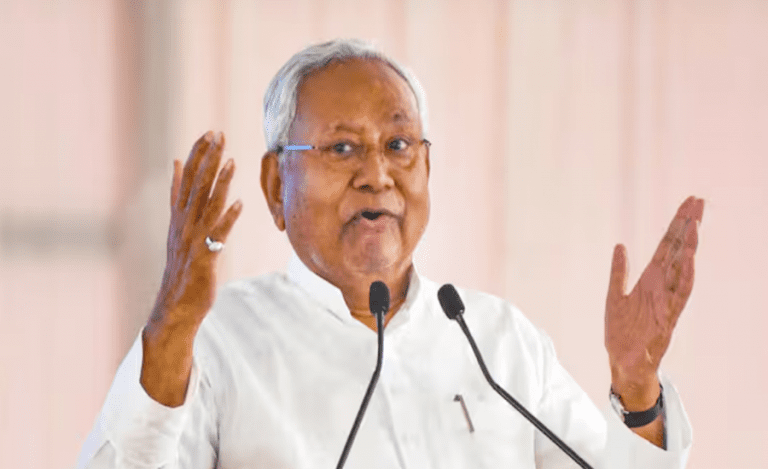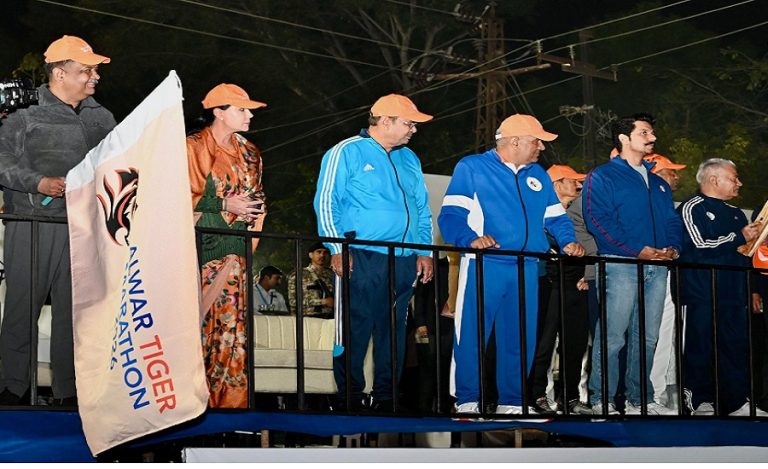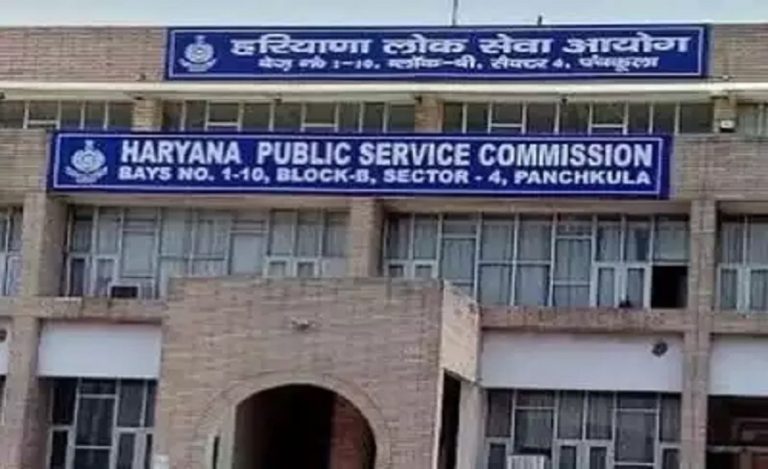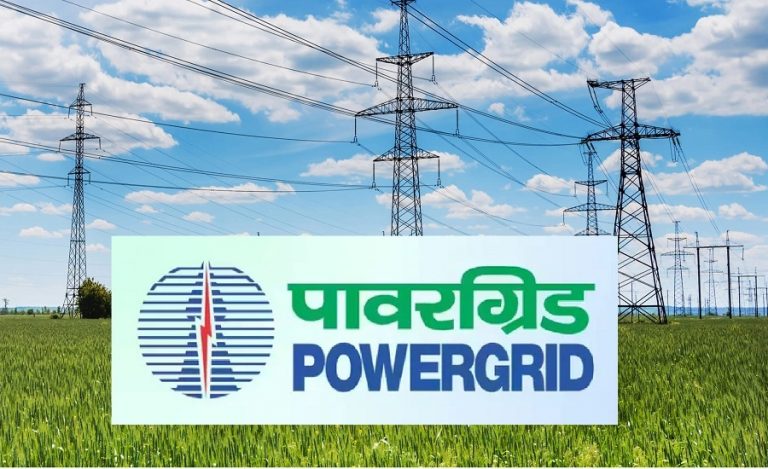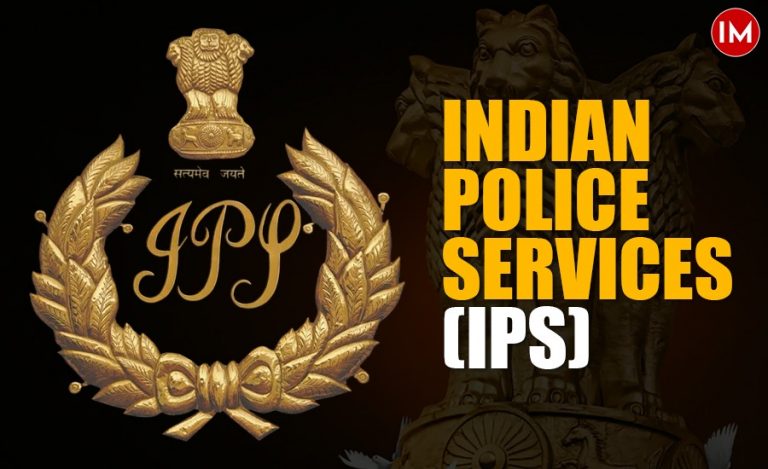The Supreme Court recently set aside the bail granted to a couple accused in a multi-crore financial scam and directed two Delhi Judicial Service officers to undergo special judicial training. The Court found the bail orders passed by the Additional Chief Metropolitan Magistrate (ACMM) and upheld by the Karkardooma Sessions Judge to be illegal and procedurally flawed.
Faulty Bail Orders and Procedural Lapses
The accused, Dharam Pal Singh Rathore and his wife, were implicated in cheating M/s Netsity Systems Pvt. Ltd. of ₹1.90 crore by promising land that was already mortgaged and sold to third parties. The liability reportedly rose to over ₹6.25 crore with interest. Despite chargesheet filing, the ACMM granted bail in November 2023, a decision upheld by the Sessions Judge and the Delhi High Court.
The Supreme Court criticized the ACMM’s “simplistic” reasoning that custody served no purpose post chargesheet, calling it “untenable” and bordering on “perversity.” The Court pointed out that the accused misled the High Court for nearly four years under interim protection and concealed the rejection of anticipatory bail applications.
The Court also noted procedural irregularities, including the release of the accused without a formal bail order after their court appearance, a practice the Court found incomprehensible.
Training and Accountability Measures
The Supreme Court directed the Delhi High Court’s Chief Justice to arrange at least seven days of special judicial training through the Delhi Judicial Academy, focusing on judicial conduct and respect for superior court rulings.
Additionally, the Court asked the Delhi Police Commissioner to personally inquire into the investigating officers’ role, who failed to seek custody despite the gravity of the offence.
Balancing Liberty and Justice
While reaffirming pro-liberty principles in bail, the Court stressed these cannot be applied mechanically, especially in serious economic offence cases with repeated misuse of court processes.
This ruling underscores the need for careful judicial scrutiny in high-stake financial fraud cases to uphold justice and accountability.


